Bosch Claims It Can Save Diesel Engines

Automotive supplier Bosch claims to have developed a new exhaust system that could save diesel engines.
Speaking at a press conference outside Stuttgart, Bosch CEO Volkmar Denner said a new breakthrough “offers the opportunity to shift the heated debate over diesel into new territory and, hopefully, bring it to a close.” That breakthrough is a diesel-exhaust system that claims to cut emissions far below legal limits that are taking effect in 2020. It could potentially help automakers avoid driving bans in Europe, which are threatening the use of diesel engines.
SEE ALSO: FCA Boss Thinks Diesel is Dead
Bosch is the biggest supplier of diesel engine technology to global automakers, including Volkswagen and GM. It has been looking to help make sure the technology doesn’t die off as a result of Volkswagen’s massive diesel scandal. The company says the new process optimizes thermal management of exhaust temperatures, reducing nitrogen oxide emissions to one-tenth of the legally permitted limit. Denner also added that it doesn’t require new hardware and the system is capable of keeping emissions stable even at cold temperatures.
In recent years, following Volkswagen’s diesel scandal, automakers have been transitioning to electrified vehicles. Volkswagen itself has stopped focusing on diesel engine development and instead is investing into its I.D. sub-brand of electric vehicles.

Jason Siu began his career in automotive journalism in 2003 with Modified Magazine, a property previously held by VerticalScope. As the West Coast Editor, he played a pivotal role while also extending his expertise to Modified Luxury & Exotics and Modified Mustangs. Beyond his editorial work, Jason authored two notable Cartech books. His tenure at AutoGuide.com saw him immersed in the daily news cycle, yet his passion for hands-on evaluation led him to focus on testing and product reviews, offering well-rounded recommendations to AutoGuide readers. Currently, as the Content Director for VerticalScope, Jason spearheads the content strategy for an array of online publications, a role that has him at the helm of ensuring quality and consistency across the board.
More by Jason Siu



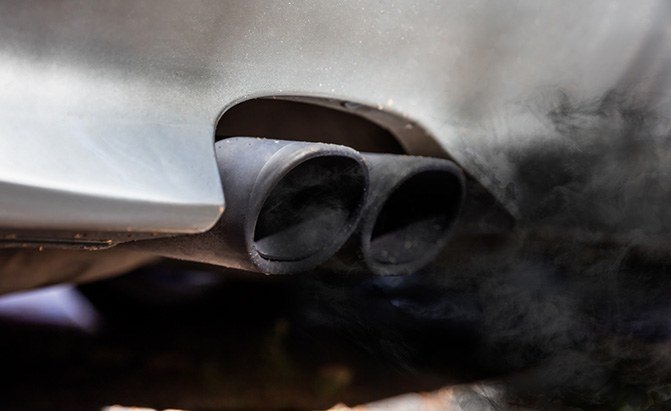










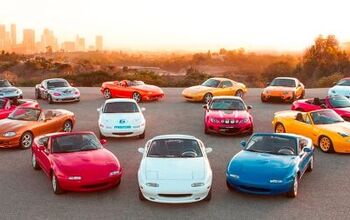



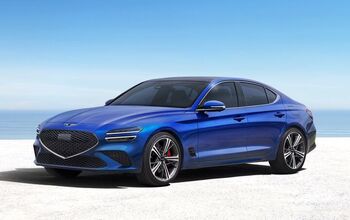
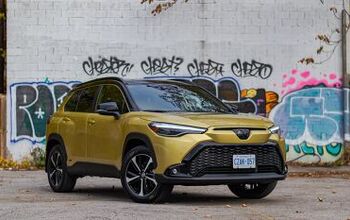

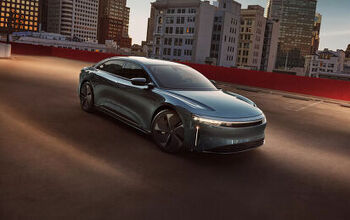


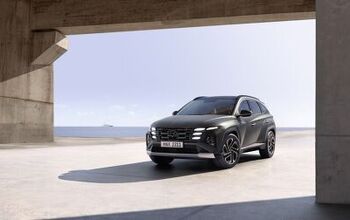






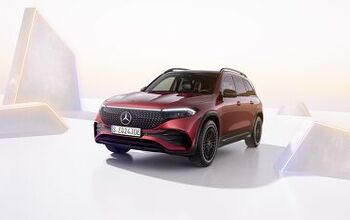
Comments
Join the conversation
Thankfully in Japan they never caught on / were adopted in passenger cars - even in SUV's etc Its really only in Europe inc UK that they seemed to have run away with themselves in passenger cars / SUV's / 4x4's - perhaps not what the public wanted but what was pushed on them starting some 10 years back The sad legacy is that for the next number of years the 'used market' will be swamped with the awful affliction known as the diesel engine
I don't understand why a car maker would outsource core engine technology to a company like Bosch. Can't they design their own power-trains? Don't they want full control over the emissions, efficiency and performance of their products? Especially now.